Have you ever looked into the eyes of an American Pit Bull puppy and seen pure curiosity and joy? These pups are bursting with energy and love, but without the right guidance, their confidence can turn into nervousness or shyness. Socializing a Pit Bull puppy isn’t just about having a friendly dog—it’s about shaping a loyal companion who thrives in the world. Every moment spent socializing is a chance to build trust, prevent fears, and show the world that Pit Bulls can be gentle, happy members of any family. Get ready to discover how you can turn your Pit Bull puppy into the best-behaved dog on the block with these 10 heartfelt and practical tips.
Start Early and Stay Consistent
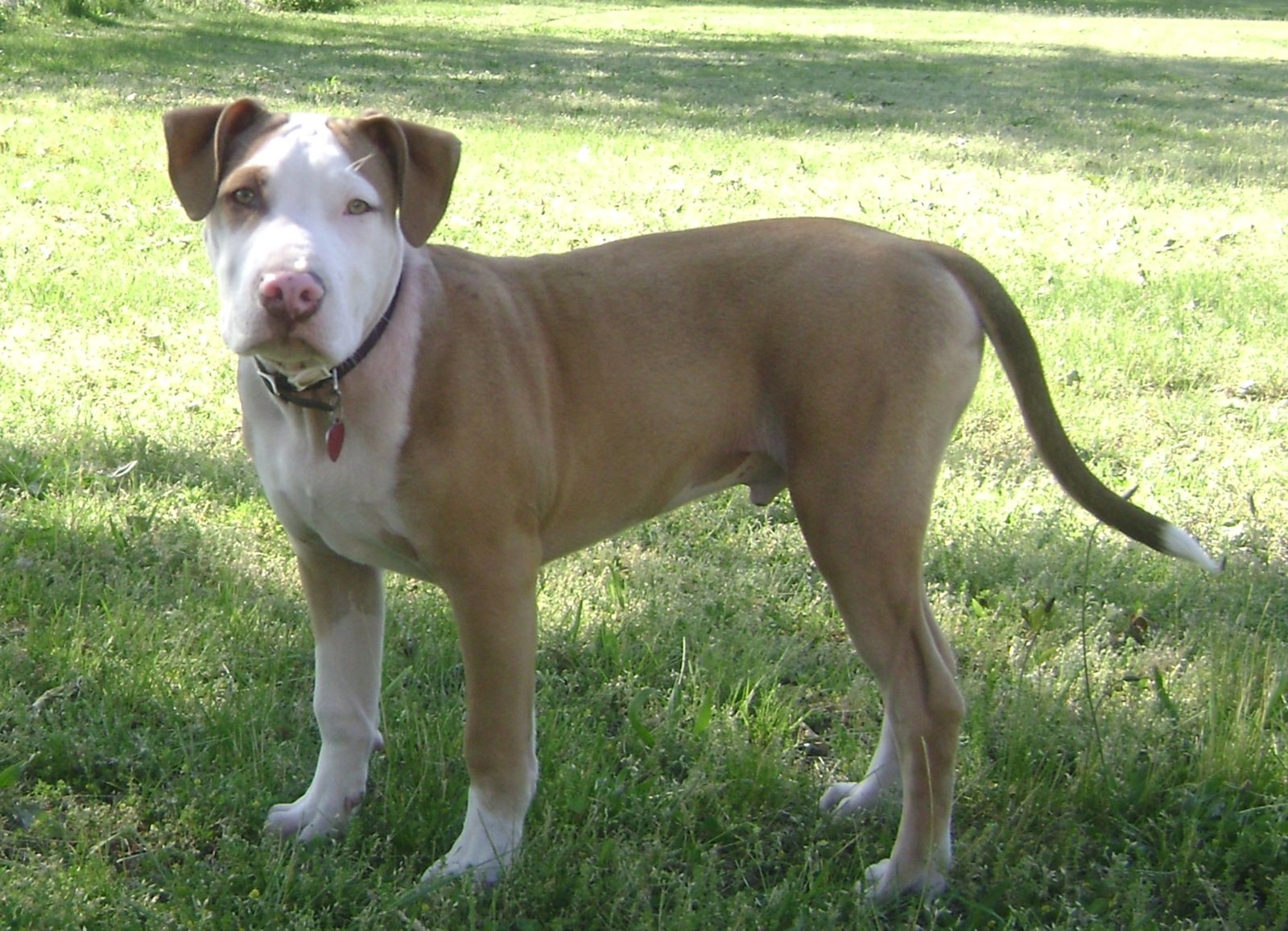
Socialization is one of the most important parts of raising a well-adjusted dog — and it’s especially crucial for American Pit Bull puppies. Known for their loyalty, intelligence, and strength, Pit Bulls can grow into loving family companions when given the right foundation early in life. Proper socialization helps your puppy feel confident around new people, animals, and environments, reducing fear-based behaviors and building trust.
The very first weeks and months of your Pit Bull puppy’s life are absolutely crucial. Puppies are like sponges, soaking up every new sight, sound, and experience. The earlier you introduce them to the world, the more confident they’ll become. Try to begin socializing your puppy as soon as they come home, ideally between 8 and 16 weeks old. Consistency is key—practice socialization daily, even if it’s just a short walk or a new sound at home. Don’t worry if you miss a day, but make an effort to keep exposing your puppy to new things regularly. Remember, patience is your best friend here. Each positive experience will help your puppy grow into a calm, friendly adult.
Introduce Safe and Positive People Encounters
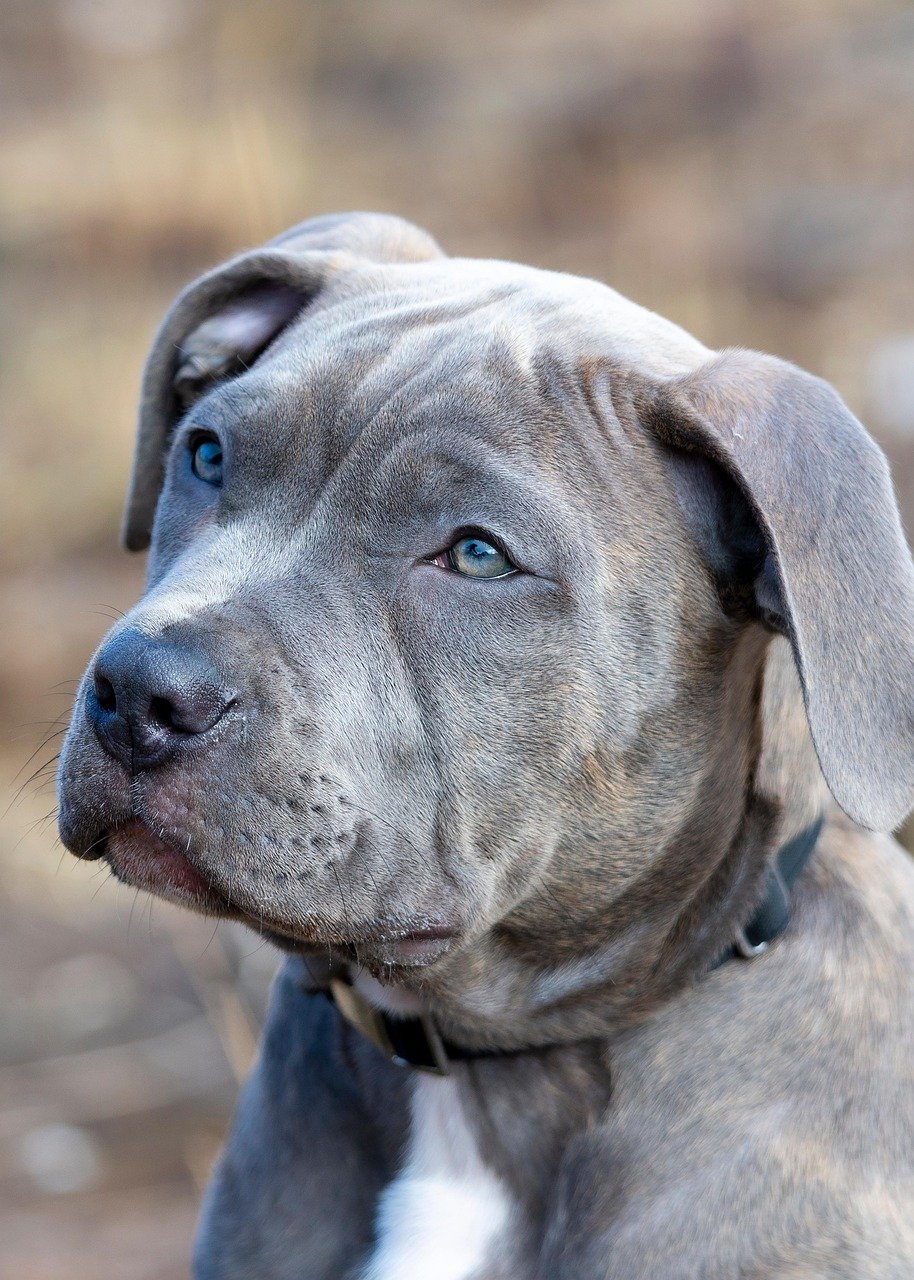
Meeting people should be a joyful occasion for your puppy. Invite friends and family over, making sure each interaction is gentle and rewarding. Encourage people to offer treats, speak softly, and let your puppy approach at their own pace. Show your puppy that people come in all shapes, sizes, and ages, from children to seniors. Avoid overwhelming your puppy with too many strangers at once, as this can make them fearful. Watch your puppy’s body language—if they seem nervous, give them space and try again later. Over time, your puppy will learn that meeting new people is safe and even fun.
Offer Controlled Dog-to-Dog Play Dates
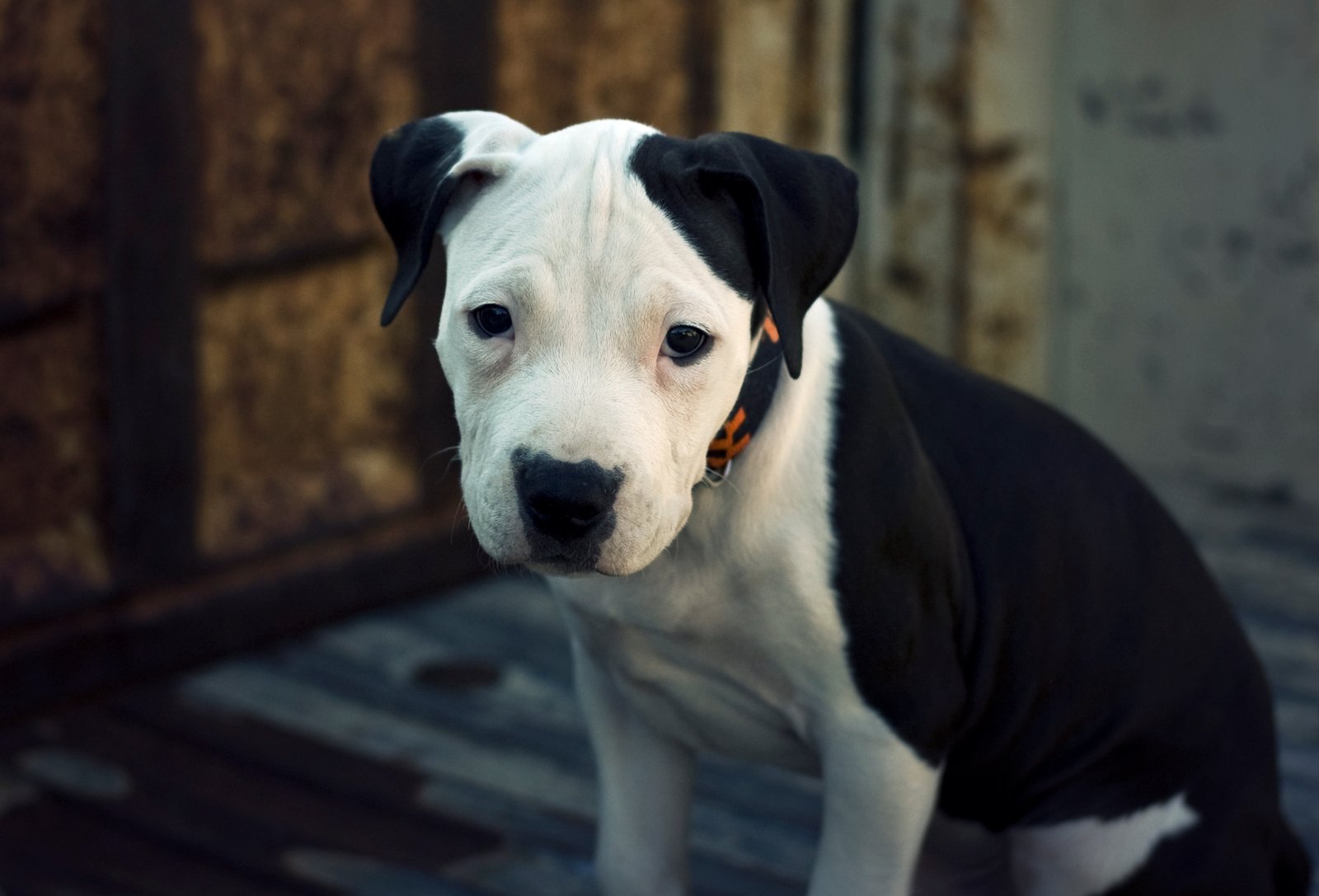
Proper introductions to other dogs are essential. Set up play dates with friendly, vaccinated dogs who are known for their good manners. Choose a neutral location, like a quiet park, so neither dog feels territorial. Start with both dogs on leash and allow them to sniff each other calmly. Watch closely for any signs of stress or aggression and be ready to step in if things get too rowdy. Short, pleasant play sessions work best. Gradually increase the time together as your puppy becomes more comfortable. These early dog friendships will teach your Pit Bull puppy how to communicate and play politely.
Explore New Environments Regularly
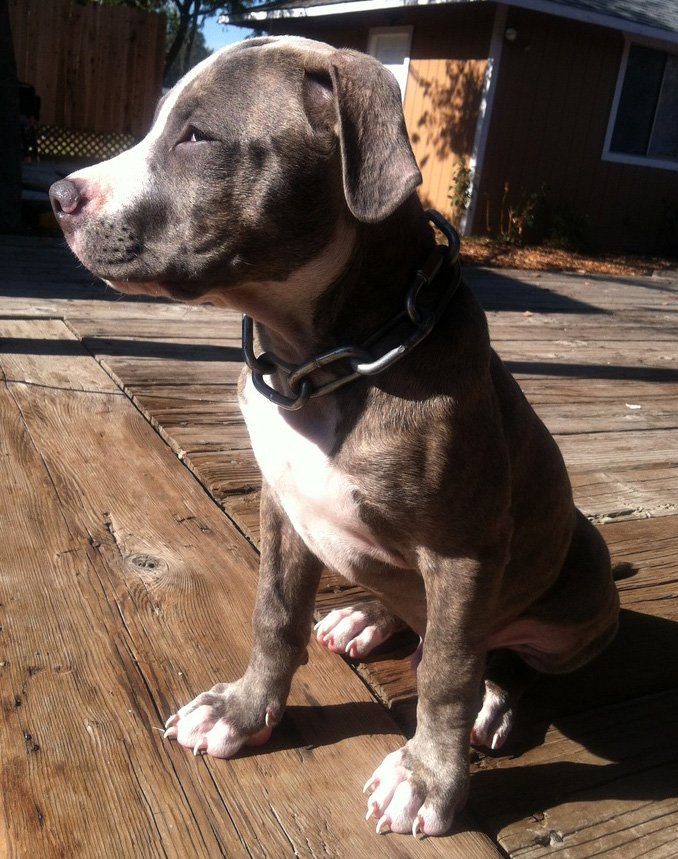
Don’t limit your puppy’s world to your backyard. Take them out to parks, pet-friendly stores, sidewalks, and even busy plazas. Each new environment exposes your puppy to different sights, sounds, and smells. Let your puppy investigate at their own pace, but encourage them to keep moving forward with treats and praise. If your puppy hesitates, kneel down and show them there’s nothing to fear. The more places your puppy visits, the more adaptable and resilient they’ll become as adults. Think of every outing as an adventure that builds their confidence layer by layer.
Encourage Gentle Handling and Touch
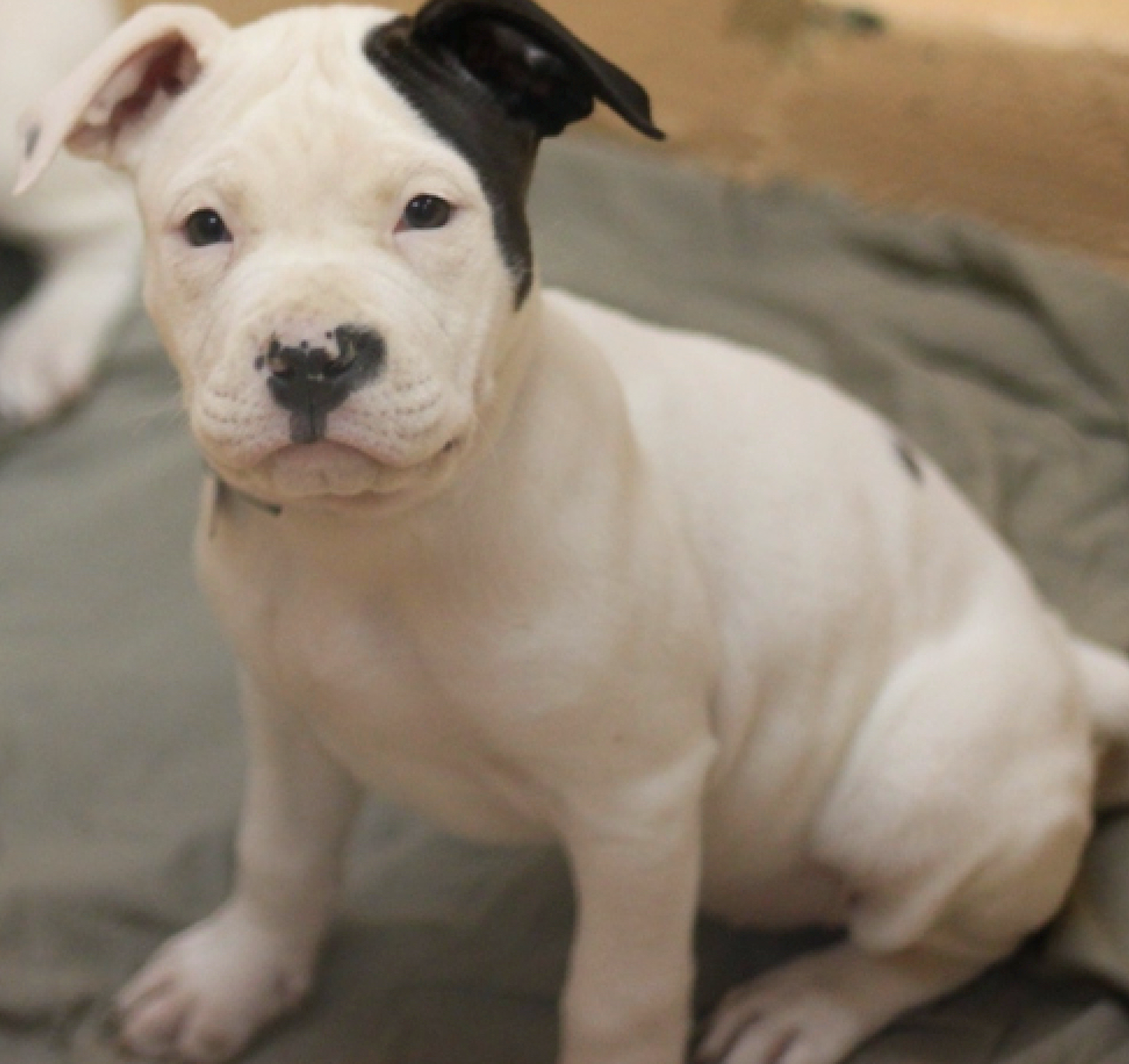
Pit Bull puppies need to be comfortable being touched all over their bodies, from their paws to their ears. Practice gentle handling every day—touch their feet, look in their ears, brush their coat, and even touch their tail. Reward your puppy with treats or soft words every time they stay calm. This not only prepares them for vet visits and grooming but also prevents future issues with sensitivity. If your puppy squirms or pulls away, slow down and make the experience as positive as possible. Over time, they’ll learn that being handled is just another way to receive love.
Expose to Various Sounds and Noises
Loud noises can easily frighten a young puppy, so it’s important to introduce them to all sorts of sounds early on. Play recordings of thunder, fireworks, traffic, or vacuum cleaners at a low volume while your puppy is calm. You can also create gentle noises at home, like dropping a spoon or clapping your hands. Gradually increase the volume as your puppy becomes more comfortable. Pair these noises with treats or playtime, so your puppy associates them with good things. With enough practice, your puppy will learn that sudden sounds aren’t scary after all.
Reward Calm and Confident Behavior
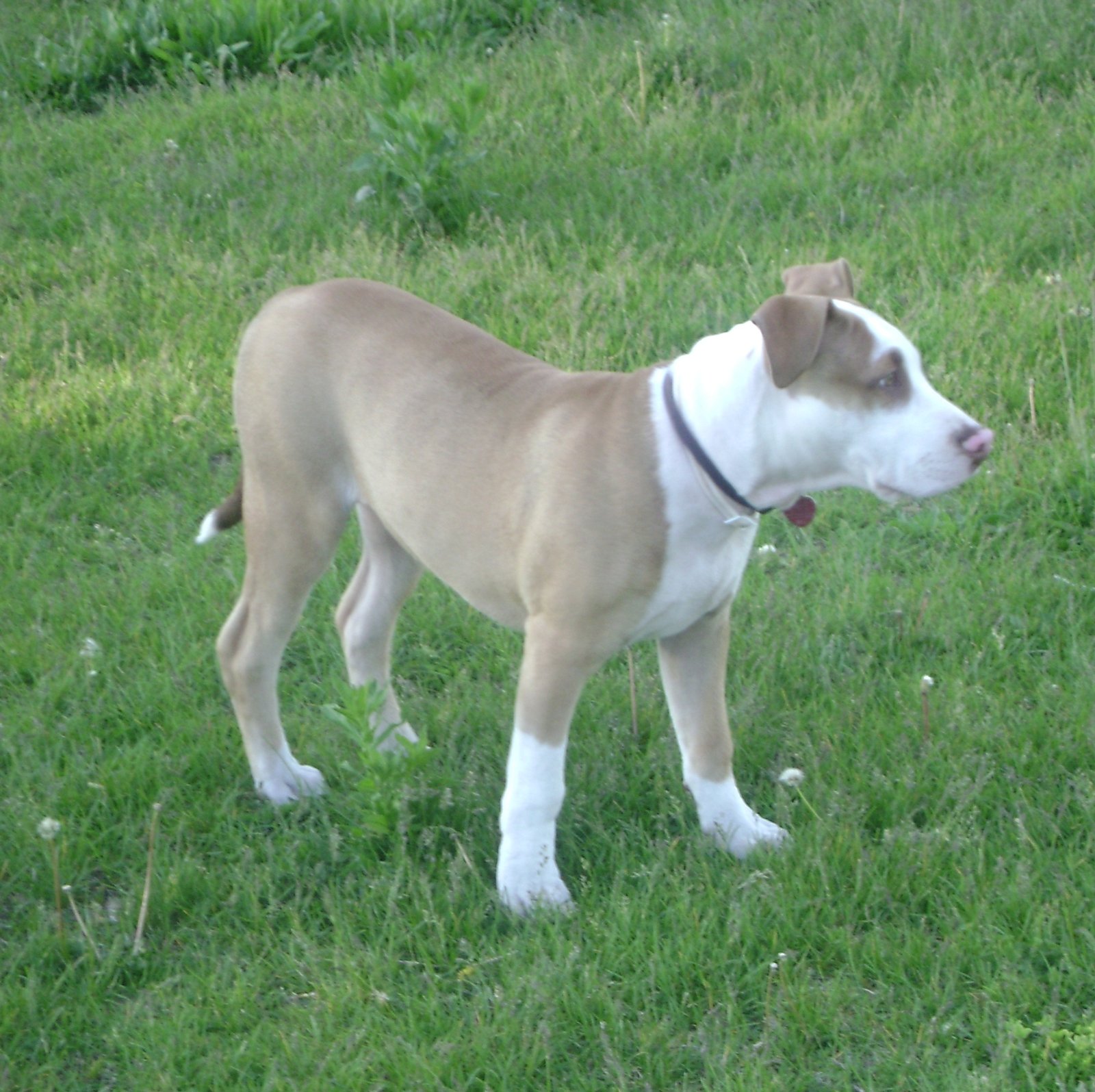
Positive reinforcement is the secret ingredient to successful socialization. Whenever your puppy reacts calmly to a new situation, reward them right away with treats, praise, or play. Ignore fearful or reactive behavior and focus on celebrating the moments when your puppy is brave. This teaches your puppy that good things happen when they stay calm and curious. Over time, these rewards encourage your puppy to seek out new experiences instead of shying away from them. Your encouragement will help shape their personality in powerful ways.
Enroll in Puppy Socialization Classes
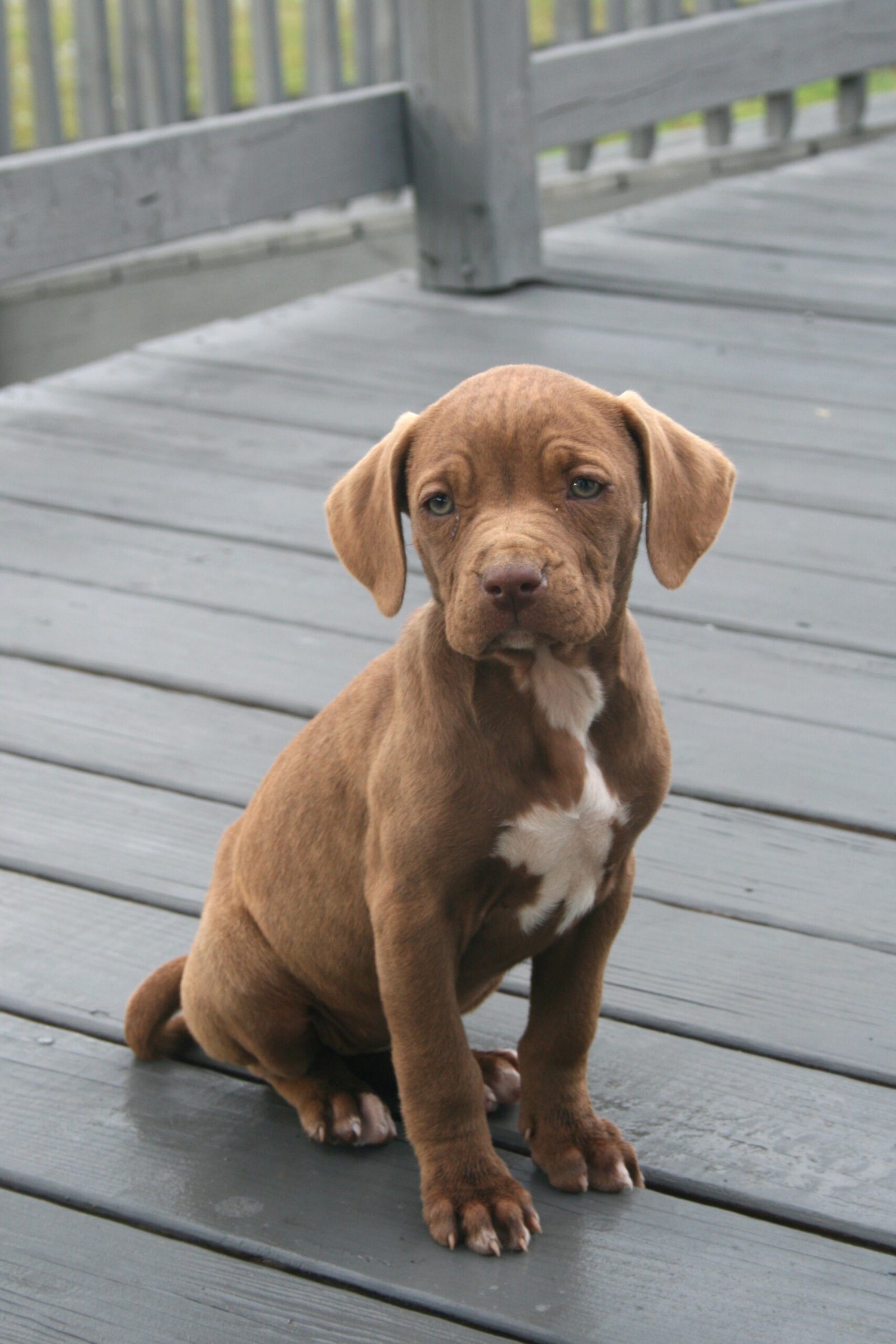
Joining a puppy class is a fantastic way to accelerate your Pit Bull’s social skills. Look for classes that focus on positive reinforcement and social play. These classes give your puppy the chance to meet other dogs and people in a safe, controlled environment. Trainers can help guide your puppy through new challenges and answer your questions along the way. Classes also provide mental stimulation, teaching your puppy to focus and learn even when there are distractions. Plus, it’s a fun way for both you and your puppy to bond and make new friends.
Supervise All Interactions Carefully
Never leave your puppy unsupervised during socialization, especially around new people or animals. Watch for signs of stress, fear, or aggression, and be ready to intervene if needed. Supervision helps prevent negative experiences that could hurt your puppy’s confidence. If things start to go sideways, calmly remove your puppy and give them time to settle down. Always err on the side of caution—your goal is to make every social moment safe and positive. Careful supervision gives your puppy the freedom to explore while knowing you’re there to protect them.
Stay Patient and Celebrate Small Wins
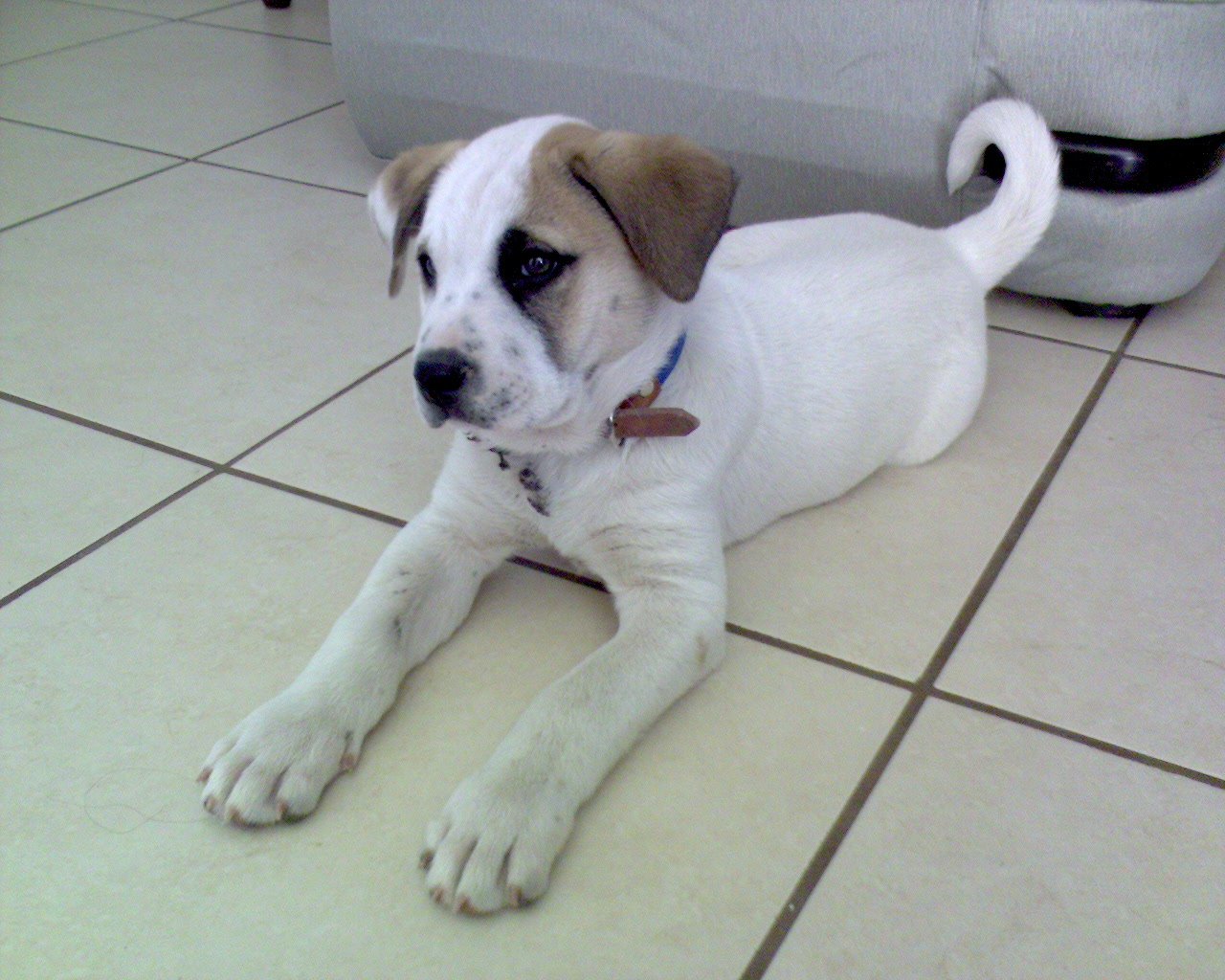
Socializing an American Pit Bull puppy is a journey, not a race. Every puppy learns at their own pace, and setbacks are normal. Stay patient, keep your expectations realistic, and celebrate every small success. Maybe your puppy finally let a neighbor pet them, or they ignored a loud truck for the first time—these moments matter! Share your excitement with your puppy, and let them feel your pride. Building a social, confident Pit Bull takes time, but with love and dedication, your puppy will blossom into a dog everyone admires.
Socializing your American Pit Bull puppy is one of the greatest gifts you can give them — and yourself. With consistent, positive exposure to a variety of people, pets, and experiences, your puppy will grow into a confident, friendly, and well-behaved adult dog. Early socialization not only helps break down harmful stereotypes about the breed but also ensures a safe and enjoyable life for your dog in a world full of new sights and sounds. Start early, stay patient, and remember: every positive encounter lays the foundation for a lifetime of trust and companionship.